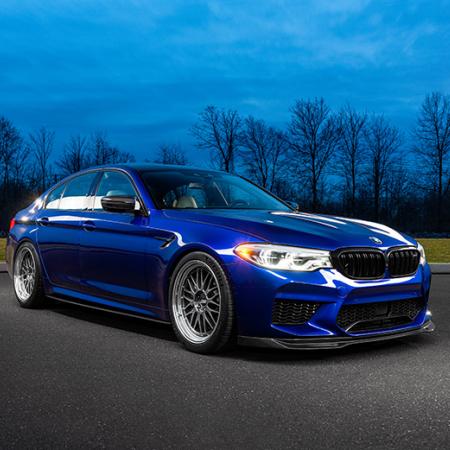BEIJING - A Beijing court has ordered BMW China to compensate a leading rocket designer 90,000 yuan ($14,300) for the unauthorized use of a rocket image in a car advertisement, according to the China Daily newspaper.
The verdict issued by the Beijing Fengtai District Court said the car maker violated the rules of fair play and rendered economic losses on the China Academy of Launch Vehicle Technology (CALV).
There's no word on exactly who won't be buying a rocket now they've seen a picture of it, and anybody who is at all familiar with the history of patent infringements in the Far East is probably looking at the calendar right now, with their eyebrows lifted. No, it's not April 1st.
In November, CALV, designer and developer of the Long March rocket family, sued BMW China for using the image of a Long March 2F rocket in an ad without permission.
The advertisement, printed on Vista, a Chinese-language magazine, depicted a BMW car accompanied by images of a rocket, children, and women playing music. It doesn't sound exactly ground-breaking, does it?
The academy said it owned the trademark of the rocket image and accused the car company of using it to promote car products without authorization. BMW China, in its defense, said the image was public property, and that the company had no intention to borrow fame from the rocket, given the success of the BMW brand.
By now you're probably shaking your heads, trying to figure out what possible fame BMW could borrow from an obsolete piece of technology. Wait a minute, look at the calendar again. Is it 1957?
The Long March 2F, or CZ-2F, is the rocket designed to launch Shenzhou spacecrafts. The unmanned Shenzhou-8, which completed a docking with the space lab Tiangong-1 in November, was mounted on the modified CZ-2F.
China is obviously proud of joining the space race, but it has been going on for a while. If this is a party, there are empty glasses all around, the floor is covered withpaper hats and party favors and the band is packing up their instruments.
BMW China has not said whether it would appeal the case.––Paul Duchene









